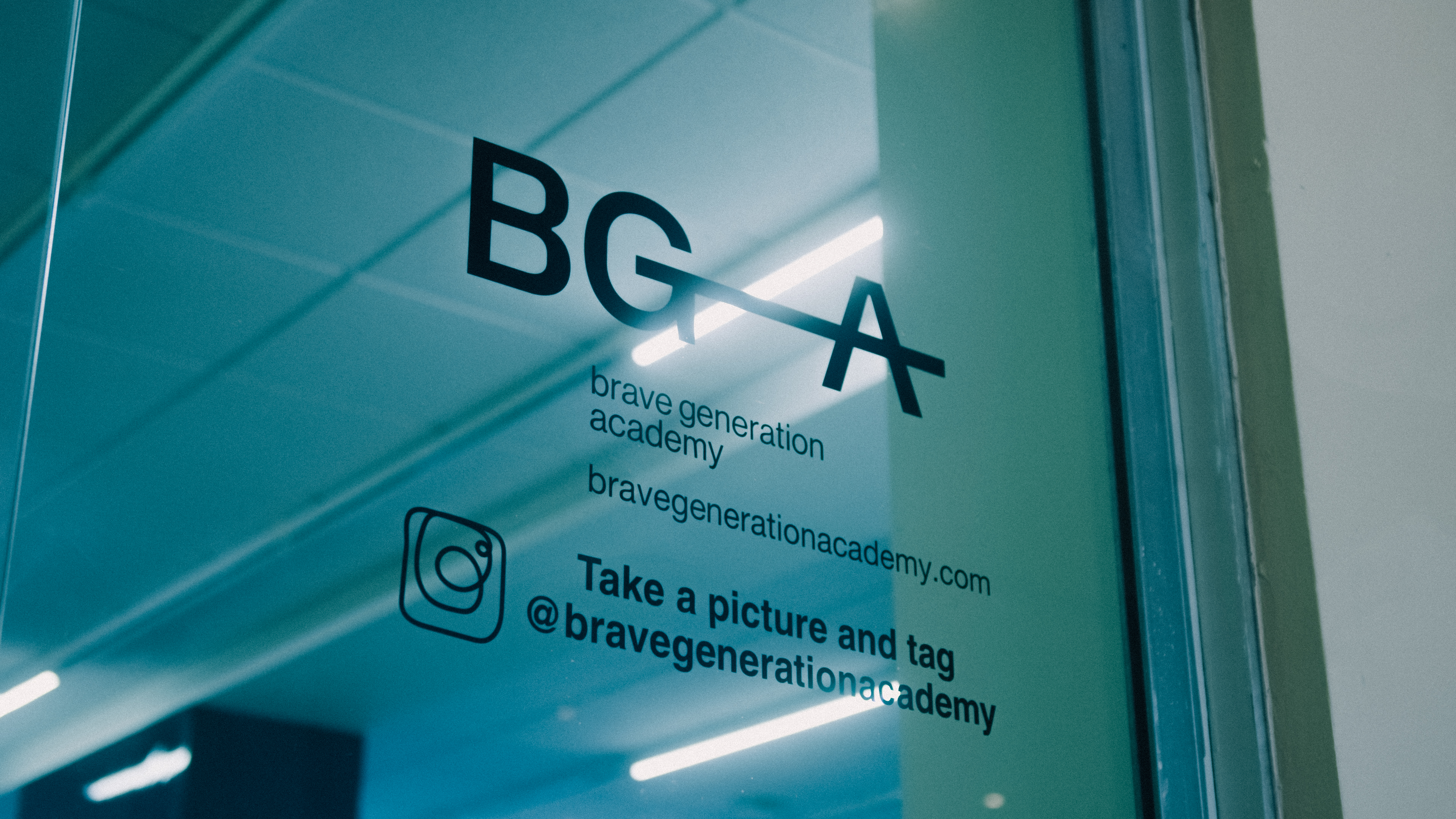We are facing unprecedented challenges – social, economic and environmental – driven by accelerating globalisation and a faster rate of technological developments. At the same time, those forces are providing us with a myriad of new opportunities for human advancement. The future is uncertain and we cannot predict it; but we need to be open and ready for it. The children entering education now will be young adults by 2030. Schools have the heightened task of preparing them for jobs that have not yet been created, for technologies that have not yet been invented, to solve problems that have not yet been anticipated.
To find out how best to do so, the Organisation for Economic Co-operation and Development (OECD) launched The Future of Education and Skills 2030 project. The aim of the project is to help countries find answers to two far-reaching questions:
- What knowledge, skills, attitudes and values will today's students need to thrive and shape their world?
- How can instructional systems develop these knowledge, skills, attitudes and values effectively?
The OECD is an organisation comprised of the governments of 38 member countries all working together to find global solutions for better living. It was set up to stimulate economic progress and world trade and so education forms a vital role in the sculpting of future generations who will be managing and implementing such solutions.
The published project by the OECD points out that “education has a vital role to play in developing the knowledge, skills, attitudes and values that enable people to contribute to, and benefit from, an inclusive and sustainable future. Learning to form clear and purposeful goals, work with others with different perspectives, find untapped opportunities and identify multiple solutions to big problems will be essential in the coming years. Education needs to aim to do more than prepare young people for the world of work; it needs to equip students with the skills they need to become active, responsible and engaged citizens. OECD Education 2030 stakeholders have co-developed a “learning compass” that shows how young people can navigate their lives and their world.”
The paper outlined some interesting strategies on how a child can be prepared for such a complex and uncertain world future. One of the main factors pointing to the fact that future-ready students will be required to exercise agency; in their own education and throughout life. To inhibit a sense of responsibility to participate in the world, to provide a positive influence, to gain the ability to find purpose and identify ways to achieve goals. To employ the competencies they need, to shape their own lives and contribute to the lives of others.
“To help enable agency, educators must not only recognise learners’ individuality, but also acknowledge the wider set of relationships – with teachers, peers, families and communities – who influence their learning.”
So how is it suggested that learners can achieve this agency? There are two factors that the OECD propose; one - “a personalised learning environment that supports and motivates each student to nurture his or her passions, make connections between different learning experiences and opportunities, and design their own learning projects and processes in collaboration with others. The second is building a solid foundation: literacy and numeracy remain crucial. In the era of digital transformation and with the advent of big data, digital literacy and data literacy are becoming increasingly essential, as are physical health and mental well-being.”
Once these learners are prepared to be change agents of the future they can then positively impact their surroundings, be influential, empathise and understand the consequences of actions. The needs outlined call for a broad set of knowledge, skills, attitudes and values in action… the learning model, or framework, the OECD proposed for this to come to fruition can be seen in the diagram below:
As you can see from this model it is a very similar strategy to that of BGA’s three pillared educational framework for secondary learners;
Knowledge: What we know and understand. The academic content – incorporating both traditional and modern disciplines.
Skills: How we develop what we learn. How we behave and engage in the world.
Community: Team activities to develop behavioural and social skills.
Learners need not only to acquire knowledge and skills, but to mobilise these to meet demands; they will require both specialised as well as general knowledge. The disciplines are still valid and significant as are procedural knowledge, problem solving, systematic thinking, and design.
“Knowledge will need to be applied in the unknown and ever evolving circumstances that our young adults will face and so to prepare for the future, they should be able to think creatively, develop new products and services, new jobs, new processes and methods, new ways of thinking and living, new enterprises, new sectors, new business models and new social models. Increasingly, innovation springs not from individuals thinking and working alone, but through co-operation and collaboration with others to draw on existing knowledge to create new knowledge, achieved through adaptability, creativity, curiosity and open-mindedness.”
In order to move toward change, the OECD present the following developmental design principles; “the mobilisation of knowledge, skills, attitudes and values through a process of reflection, anticipation and action, in order to develop the inter-related competencies needed to engage with the world”.
In redesigning reforms for curricula the following five common challenges were outlined:
- Quality learning time
- Implementation of reforms in curricula
- Need for highly engaging content
- Equality in benefiting from curricula
- Effective implementation of reforms
In response to these challenges, working group members and partners are co-creating "design principles" for changes in curricula and education systems that will be relevant in different countries over time. Use this link to read the OECD’s publication in full.
This is an ever-changing and developing world. For a long time the education system, and curricula, has remained stagnant. These changes and requirements for our learners’ futures are encouraging in that there is recognition and action being taken to develop the system to be more advanced and encompassing. A fully supportive education to prepare our children to reach their own full potential as well as be well equipped to manage the developments they are faced with. A notion that BGA fully supports and agrees with.
Be Brave.




Leave a Comment